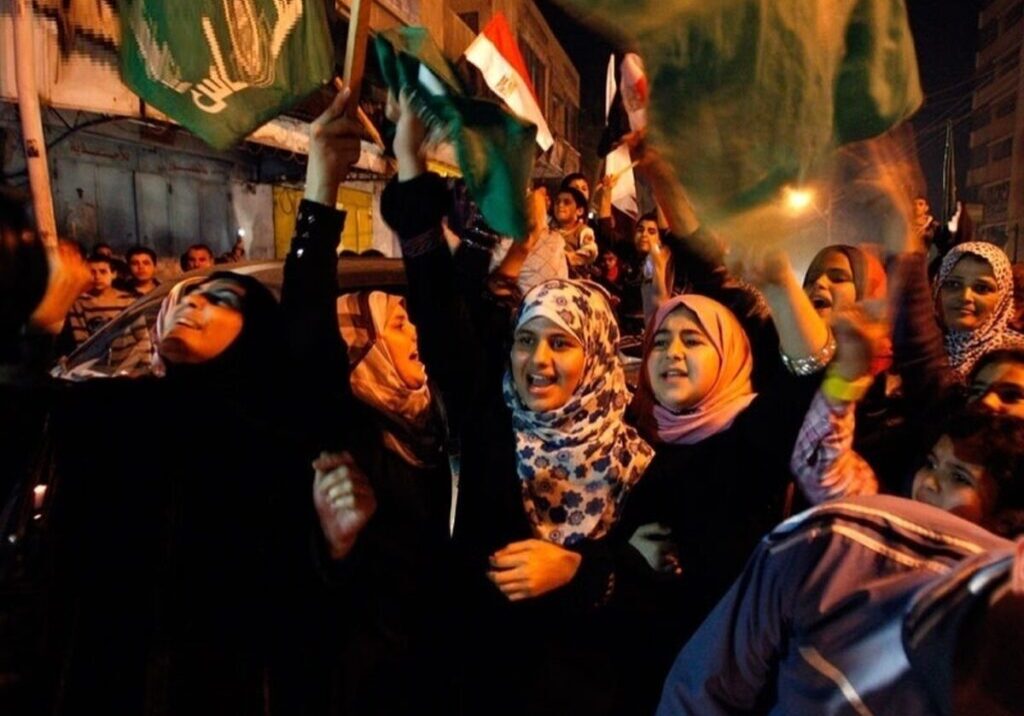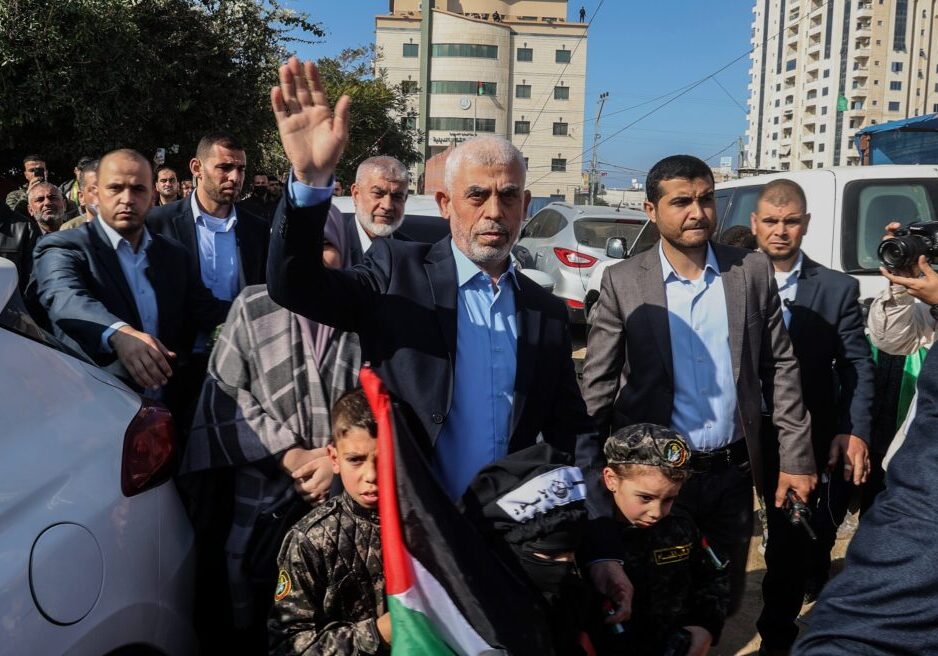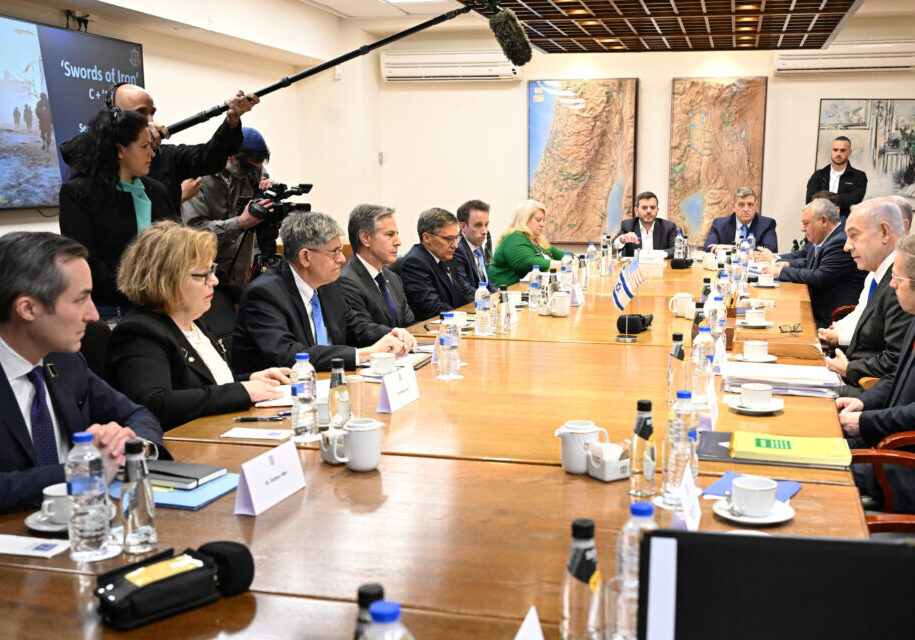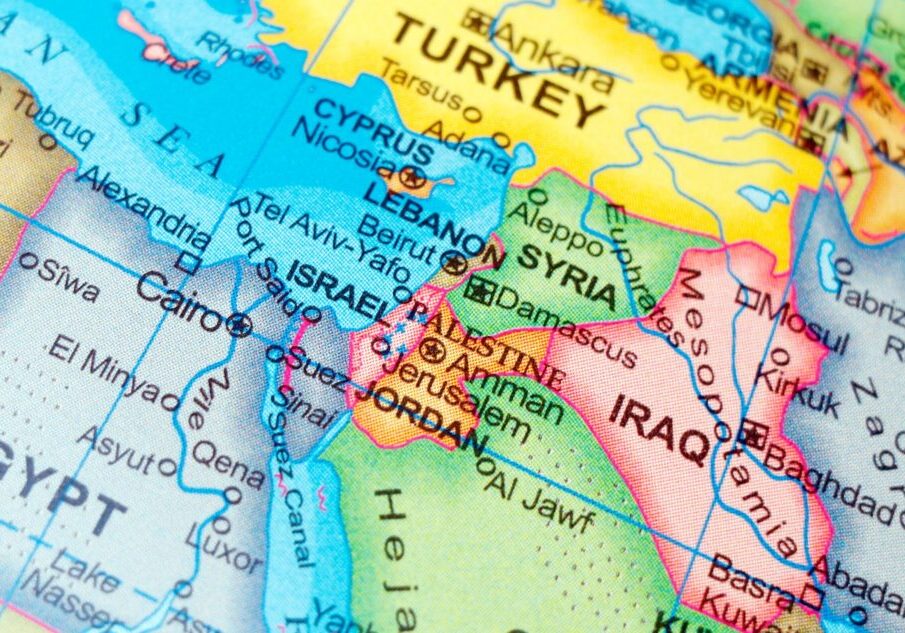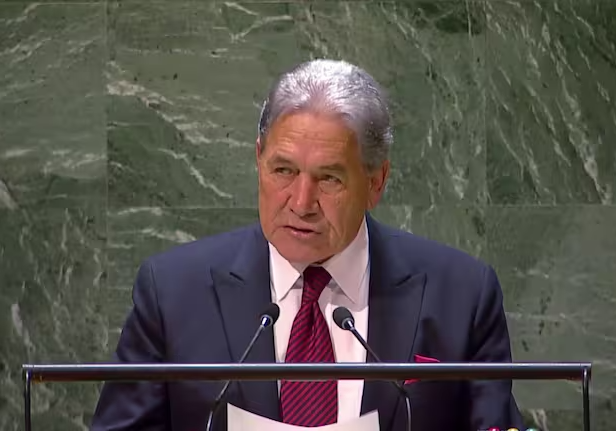Australia/Israel Review
Hard Choices for Hamas
Dec 20, 2011 | Pinhas Inbari
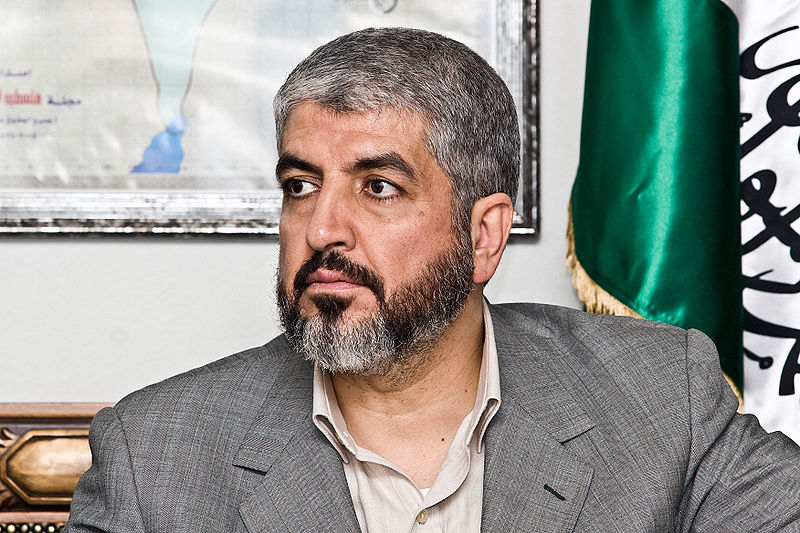
Pinhas Inbari
In December 2011, reports from several directions converged to suggest that Hamas is abandoning the sinking ship of Syria: that many senior cadres have already settled in Gaza and only the upper echelon of leadership that bears symbolic meaning still remains in Damascus. By and large those reports are correct. At the same time, Iran has cut its subsidy to Hamas, which now relies mostly on revenues from commerce through the smuggling tunnels, which can hardly support the Gazan economy.
These new developments caught Hamas unprepared. Not only is there a need to find new accommodations for Hamas political leader Khaled Meshaal and company, but there is also a political price: the need to decrease terror and transform itself from a pro-Iranian/Syrian muqawama (“resistance”) movement into a typical political party of the Muslim Brotherhood-type that are now in the process of taking control in the Arab world. In other words, to undo Sheikh Ahmed Yassin’s old decision to turn the political/social Muslim Brotherhood group that operated in Gaza until the eve of the First Intifada into a military group, despite the objection of the Muslim Brotherhood leadership in Cairo.
As far as the Hamas leadership in Gaza is concerned, of all the options available, they prefer engagement with Cairo because the prospects of Muslim Brotherhood dominance are much more advanced in Egypt and the close vicinity to Gaza is promising for an eventual joining of forces to advance to the restoration of the worldwide Islamic Caliphate. The problem faced by Hamas is that both the Egyptian military and the Muslim Brotherhood cannot accept it as a militant movement that threatens the precarious security situation in Egypt and the delicate balance the Brotherhood wants to establish with the military in Cairo. It is not that the Brotherhood doesn’t care whether Hamas continues to be a “resistance” movement – to the contrary – but as long as they don’t do it from Cairo.
The same applies to Jordan. The new Prime Minister of Jordan, Judge Awn Khasawneh, made it clear that he was interested in opening a new page with Hamas and that the old decision to shut down its offices in Amman was a mistake. There are frequent reports that Hamas leader Khaled Meshaal is about to pay a visit to King Abdullah II in the royal palace, yet no date for the visit has been announced.
For Hamas to open a bureau in Cairo, what is needed is a clear-cut and reliable commitment that “resistance” business will not be planned and directed from there. For re-opening a Hamas office in Amman, besides the same commitments, there are further complications that are related to inter-Arab disputes.
The declared policy of Jordanian Prime Minister Khasawneh, as well as the elections in Morocco that brought to power the Justice and Development party – which is a Muslim Brotherhood party – was not approved in Riyadh, where the Saudis have taken a firm position against the Brotherhood. As a result, the price that Jordan might pay for hosting Hamas could be the denial of its joining the Gulf Cooperation Council (GCC), which might inflict a blow to Jordan’s economy. The same applies to Morocco, especially now after the leader of the Muslim Brotherhood in Tunisia, Rashid al-Ghannouchi, threatened that all the monarchies in the Middle East are not immune from collapse.
While Salafist Saudi Arabia is taking a firmer position against the Muslim Brotherhood, its tiny neighbour, the Emirate of Qatar, is championing the Brotherhood’s spread across the Middle East. The widening gaps inside the GCC are adversely affecting Hamas’ prospects to be re-installed in Amman, since the main go-between is Qatar which insists on having a senior member of the emir’s family accompany Meshaal on his scheduled visit to the royal palace in Amman.
Not only is Saudi Arabia angry at Qatar’s policy of promoting the Muslim Brotherhood, Iran and Syria are even more so. The presence of high-ranking Qataris accompanying Meshaal can only mean a complete divorce between Hamas, on the one hand, and Syria and Iran, on the other. This Hamas cannot afford, and all sides have personal knowledge of how Iran can be cruel as a spoiler.
So what can Hamas do? Abandoning the “resistance” is a non-starter; conducting resistance from Gaza is possible, but the leadership is not sure if they can sustain another Israeli blow of the scope of Israel’s 2009 operation. They may aspire to move the “resistance” to the West Bank – and this is exactly what they are currently trying to do – but here they face the IDF.
The bottom line: The advent of Muslim Brotherhood government across the Middle East and especially in Egypt is good news for Hamas. But on the other hand, they are about to lose their safe haven in Damascus. In order to share in the Muslim Brotherhood success and relocate to Cairo or Amman, they have to leave behind their “resistance” spirit – at least for now – and that they cannot do. At the same time, they cannot re-open the Gaza front and their preferred option is to move the “resistance” to the West Bank – where they find the IDF.
Pinhas Inbari is a senior policy analyst at the Jerusalem Centre for Public Affairs and a veteran Palestinian affairs correspondent who formerly reported for Israel Radio and Al Hamishmar newspaper. © Jerusalem Centre for Public Affairs, reprinted by permission, all rights reserved.
Tags: Jordan


